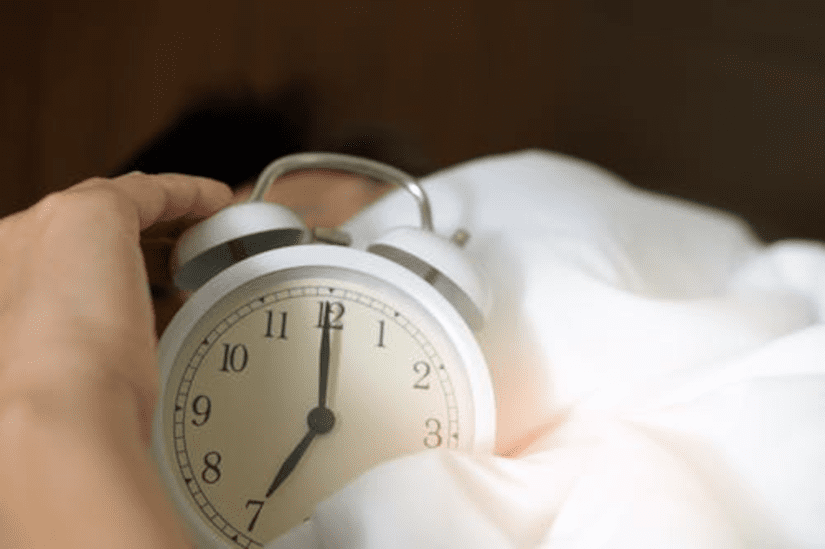Few things in the world are more delightful than a good night’s sleep. Going to bed content and waking up rested can keep us upbeat about life, able to meet challenges that come our way, and in better overall health. Sleep is a gift and its benefits are many.
Sleeplessness & Mental Health
But for many, many people, sleep is also quite elusive. In fact, about 25 percent of Americans have a bout with insomnia each year. That’s one in every four people in the United States. Fortunately, for most people, that stint of insomnia will resolve on its own, and regular sleep will return.
For others, however, the sleeplessness can seem unending. And as the lack of rest starts to affect a person’s physical and mental health, it may start to seem as if nothing will ever get better.
If a person is struggling with chronic insomnia, a physician may prescribe the powerful sleep aid Ambien (the drug’s generic name is zolpidem). Ambien is intended as a short-term solution; if it is misused, it can lead to long-term problems.
In fact, those problems can be serious enough that it may be advisable to exhaust (no pun intended) a number of other options before turning to medication.
Let’s take a look at changes you may be able to make in order to get some sleep. Then we will consider
Ambien—both its benefits and potential downsides.
These Strategies May Lead to More Zzzzs
If you have trouble shutting down your brain at night because it is always buzzing with thoughts and worries and regrets, changing your evening routine might help convince your brain to let you get the rest you need.
The first step is setting a bedtime you can stick to—and a wake-up time you are equally comfortable with. Ideally, you want to set aside 7 to 9 hours for sleep. Having a specific period of time set aside for rest will help your body and brain learn when it is time for sleep. In addition, arrange your sleeping area so that it is comfortable, cool, and uncluttered. Consider heavy curtains and/or a white noise machine if you need to block out light and/or sounds that might disturb your rest.
There are a number of things you can do throughout the day that will also help you drift off when it is time for sleep. For example, you might stop consuming caffeine after noon—or even eliminate caffeine from your diet entirely. You may also benefit from limiting your screen use in the hours just before bedtime. Blue light emitted from screens—whether they are television, tablet, computer, or mobile phone screens—restrict your body’s natural production of melatonin, a hormone essential for consistent, restful sleep.
Since you will be putting your screens away well before you slip into bed, you will have time to develop restful evening habits—reading a good book, sipping a cup of herbal tea or warm milk, taking a warm bath or shower, doing some light stretching or mindfulness exercises, or writing in your journal are a few of the many options—that can help you relax and unwind.
It’s possible that you can make most or all of these changes to your routine and still find yourself struggling to sleep night after night. If so, it is important to have a conversation with your physician.
A is for Ambien—and for Always Follow Label Instructions
As we have noted, Ambien can be a true boon to someone for whom insomnia has become a way of life. Getting some much needed rest can allow you to reset, reevaluate, and restart your life without the terrible weight of exhaustion.
But it is, unfortunately, easy for things to go wrong—especially if you deviate from your doctor or pharmacist’s strict instructions for use of Ambien. Here’s a sketch of how quickly you can trade chronic insomnia for a substance use disorder:
- You decide to take a little more than the prescribed dose in the hope of a deeper or longer period of sleep.
- As your very limited supply dwindles, you start to worry about how to get more. You might start making appointments with multiple doctors, for example, in the hope of acquiring multiple prescriptions.
- If you find a way to acquire a larger or ongoing supply of the drug, you might start taking more and more of the drug—especially if you have grown to like the hypnotic high Ambien can provide.
- You might start taking Ambien in combination with other drugs or alcohol in the pursuit of new, exciting experiences.
Each step is a small one, but taken together they transform a helpful pharmaceutical into a harmful substance.
Warning: You Can’t Quit Ambien Cold Turkey
Once you realize you have a problem with Ambien, you may make up your mind to quit using the drug. But if you stop abruptly, you are likely to experience a range of unpleasant withdrawal symptoms, including:
- Intense cravings for the drug
- Insomnia (how’s that for irony?)
- Panic attacks, tremors, or delirium
- In severe cases, convulsions or seizures
That is just a partial list, but it gives a good sense of why it is far better to taper off of Ambien rather than go cold turkey.
You Can Rest Assured: Bel Aire Recovery Center Can Help
If you are struggling with a substance use disorder centered around Ambien, the team at Bel Aire Recovery Center can provide compassionate, evidence-based, personalized care. From medically supervised detox to a robust rehab program, we can help you put drug use behind you. We can also address co-occurring mental health disorders—and help you develop better strategies for getting the sleep you need. We won’t rest until you’re on the road to recovery.




